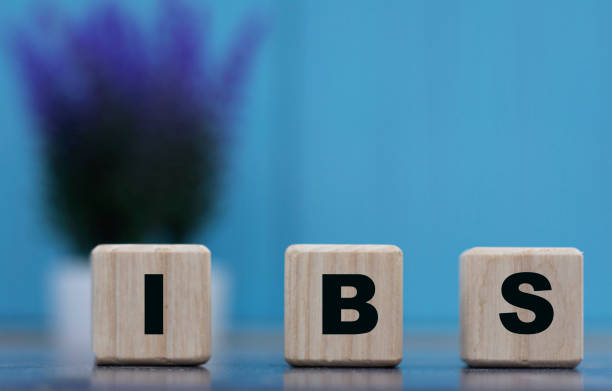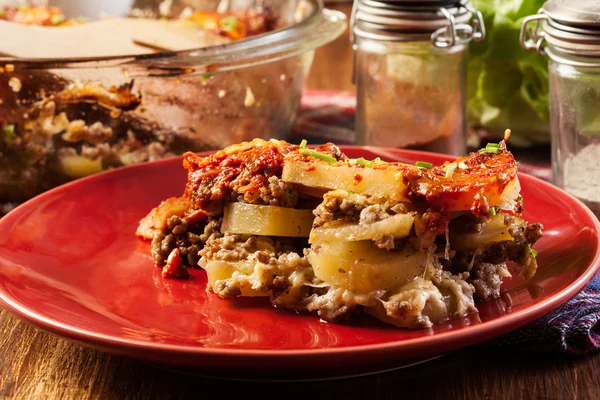It’s never a pretty thing to have an upset stomach, but it’s much worse when you get provoked by the food you eat. Irritable Bowel Syndrome or IBS is one of the most common gastrointestinal disorders. It is characterized by abdominal pain, bloating, and irregular bowel movements. Even though it is a lifestyle-related illness, there are still some foods you should avoid if you want to prevent IBS symptoms.
But What Is IBS?
Irritable Bowel Syndrome (IBS) is a disorder that affects the large intestine or colon. IBS usually causes diarrhea, constipation, or both. In addition to these symptoms, some people with IBS also have abdominal pain and bloating.
Although the precise etiology of IBS is unknown, it may be brought on by issues with how your brain and gut interact.

When you eat or drink certain liquids, nerves in your gastrointestinal tract send messages to your brain telling what’s happening in the digestive system. These messages tell the brain if something is wrong and how to respond.
When you have IBS, the messages sent back and forth between these two systems are different from usual. Your brain doesn’t receive all the information it should from nerves in your gut; this can cause pain and discomfort when there isn’t anything wrong inside your body.
A person with IBS may also notice changes in bowel habits such as diarrhea or constipation that come and go over time without an apparent cause like an infection or injury.
Managing Irritable Bowel Syndrome (IBS)
Many individuals suffer from Irritable Bowel Syndrome (IBS), but there are ways to control the condition and improve quality of life. Here are some tips:
EAT A HEALTHY DIET
A healthy diet helps you maintain good digestion and may reduce gas, bloating, and abdominal pain from IBS. Avoiding foods that trigger GI symptoms can also help prevent flare-ups of your IBS.
TRY STRESS-REDUCTION TECHNIQUES
Stress can play a role in triggering IBS symptoms, so learning how to manage stress can help you feel better. Try meditation or relaxation techniques that work for you, like breathing exercises or yoga.
EXERCISE REGULARLY
Exercising can help relieve stress and improve overall health by improving circulation throughout your body, including in the digestive system, which may reduce inflammation of the intestines and improve IBS.
What Are The 3 Foods Avoid When You Have IBS?
1. Coffee

Coffee is one of the most popular drinks in the world, and it’s easy to see why! It’s delicious, and it gives you a quick boost of energy. Unfortunately, coffee can also cause symptoms in people with IBS.
The caffeine in coffee is a stimulant, stimulating your nervous system and increasing your heart rate and blood pressure.
This can lead to diarrhea and abdominal pain for people with IBS because their digestive systems are already working overtime trying to digest food properly without being overstimulated by caffeine.
2. FODMAPs
FODMAPs are short for Fermentable Oligosaccharides, Disaccharides, Monosaccharides, and Polyols. They’re found in wheat, rye, barley, onions, garlic, and legumes like beans and lentils—and they can cause bloating stomach pain and gas.
3. Dairy Products
While many people with IBS find that dairy doesn’t bother them at all, others find that it causes inflammation in the digestive tract, leading to pain and diarrhea. If dairy gives you trouble, try eliminating it from your diet for a couple of weeks to see if there’s any improvement.
Our Take-Away
You probably have a better notion now of what foods to avoid if you suffer from irritable bowel syndrome. Remember that discussing your particular symptoms with a doctor before adjusting your diet is important.
However, following the above guidelines should help alleviate some of those symptoms if you have IBS or a disease with similar symptoms. Let us know how you are getting on and dealing with IBS, or for any other details.





